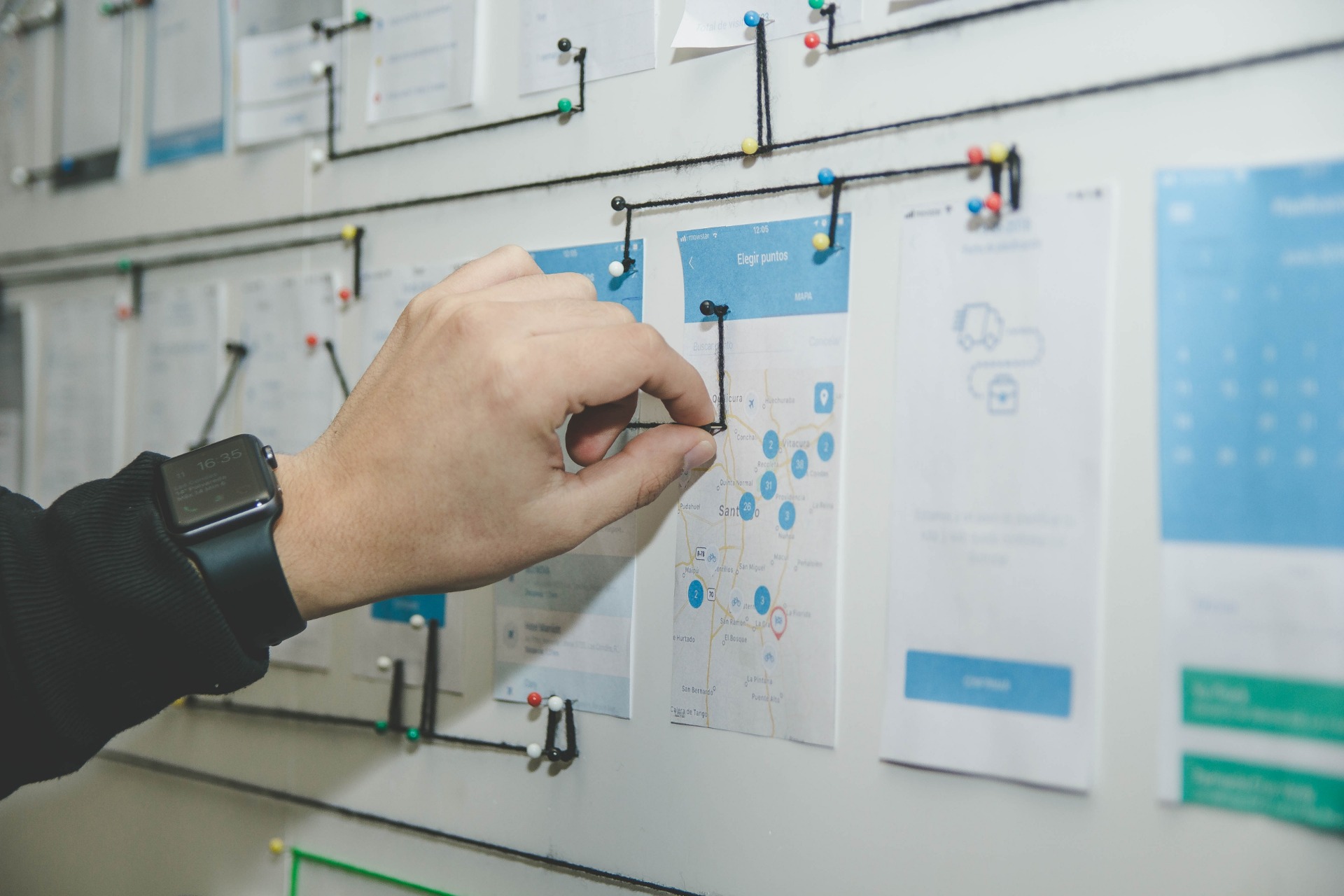RAMS and ILS (Integrated Logistics Support)
Leedeo Engineering is a specialist in the application of RAMS and ILS system engineering, products and installations in railway, aerospace, defence, and naval industry.
Integrated Logistics Support (ILS) is a set of strategies and tools associated with RAMS Engineering. This set aims, from a holistic point of view, to reduce product life cycle costs and decrease logistics demand by optimising the maintenance system to provide product support.
The aim of Integrated Logistics Support (ILS) is controlling RAMS parameters: reliability, availability, maintainability, and safety, working and optimizing all the tasks associated with the entire life cycle of the product. There is a particular emphasis on those tasks associated with operation and use of the product, system, or installation, where maintenance tasks are already carried out.
Thus, ILS can be considered as RAMS methodology, linked to Life Cycle Cost (LCC) with a holistic character that optimises life cycle costs of the system, beyond the design and manufacturing stage.
Maintaining operational conditions of deployed systems is essential. This requires a number of logistical activities, which are traditionally carried out in an unstructured manner.
In this way, ILS tries to cover subjects such disparate as spare parts management, training of personnel interacting with the product, system or installation, plus transport, storage and packaging management, internal organisation and processes, computer tools associated with the system, maintenance plans, etc.
We can consider that Integrated Logistics Support (ILS) are those management activities strongly associated with RAMS Engineering that help costs of the entire life cycle Life Cycle Costing (LCC) end up being the real global costs of ownership:
- Logistics support analysis including software support activities
- Life Cycle Costing (LCC) Analysis
- Analysis of Maintainability and Maintenance Tasks
- Product, system and/or installation monitoring
- Operational Safety Analysis and HAZOP
- ILS/SLI Integral Plan
- Technical documentation
ILS is a process of analysis methodology accepted in various sectors such as rail, naval, defence or aerospace. Nowadays, it is applied to virtually all major acquisition programs -for relatively large-scale procurement processes-. The main guidelines of ILS form the basis to achieve the highest level of capacity at an acceptable price.
There is no doubt that there is a balance between the performance characteristics and the support capacity of a system. This must be underpinned with a reasonable investment in the entire system via necessary support infrastructure. ILS has proven to be the best approach to achieve this balance.

ILS objectives are primarily based on the overall objectives of an organization:
- achieve the lowest cost of ownership
- influence design decisions to improve support capacity
- Identify and limit costs and support-drivers
- Identify and develop support resources
The above list shows the typical objectives of ILS, as established by the purchasing organization, such as, for example, a Public Administration that is making a capital investment. Purchaser's reason for applying ILS is making that integrated logistics support considerations influence on the design of a system, and also identify and develop support requirements. Such requirements are related to the support or readiness objectives of the system, in order to acquire the necessary support and to provide such required support at minimum cost.
ILS activities are carried out to identify ways in which design can be changed to improve support. Additional analysis is performed to identify resources that will be required to support the system when in use. Logistics support resources are the largest associated expenses for a military system or rail facility over its lifetime. So, it is imperative for ILS to plan the most economical use of these resources.
In the railway sector, we find the following parameters related to logistical support:
- operating and maintenance costs
- maintenance costs
- time of correction of breakdowns
- mean time to repair
- response time
- replacement employee
- number of spare parts vs. failures
Our company is a specialist in the application of RAMS and ILS (Integrated Logistics Support) system engineering, products and installations in railway, aerospace, defence, and naval industry.
Are you interested in our articles about RAMS engineering and Technology?
Sign up for our newsletter and we will keep you informed of the publication of new articles.




